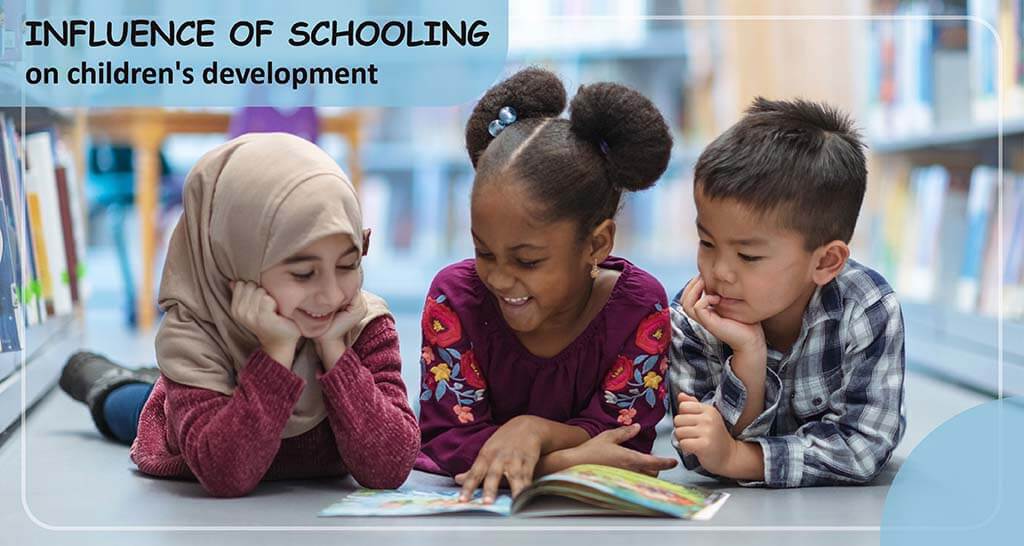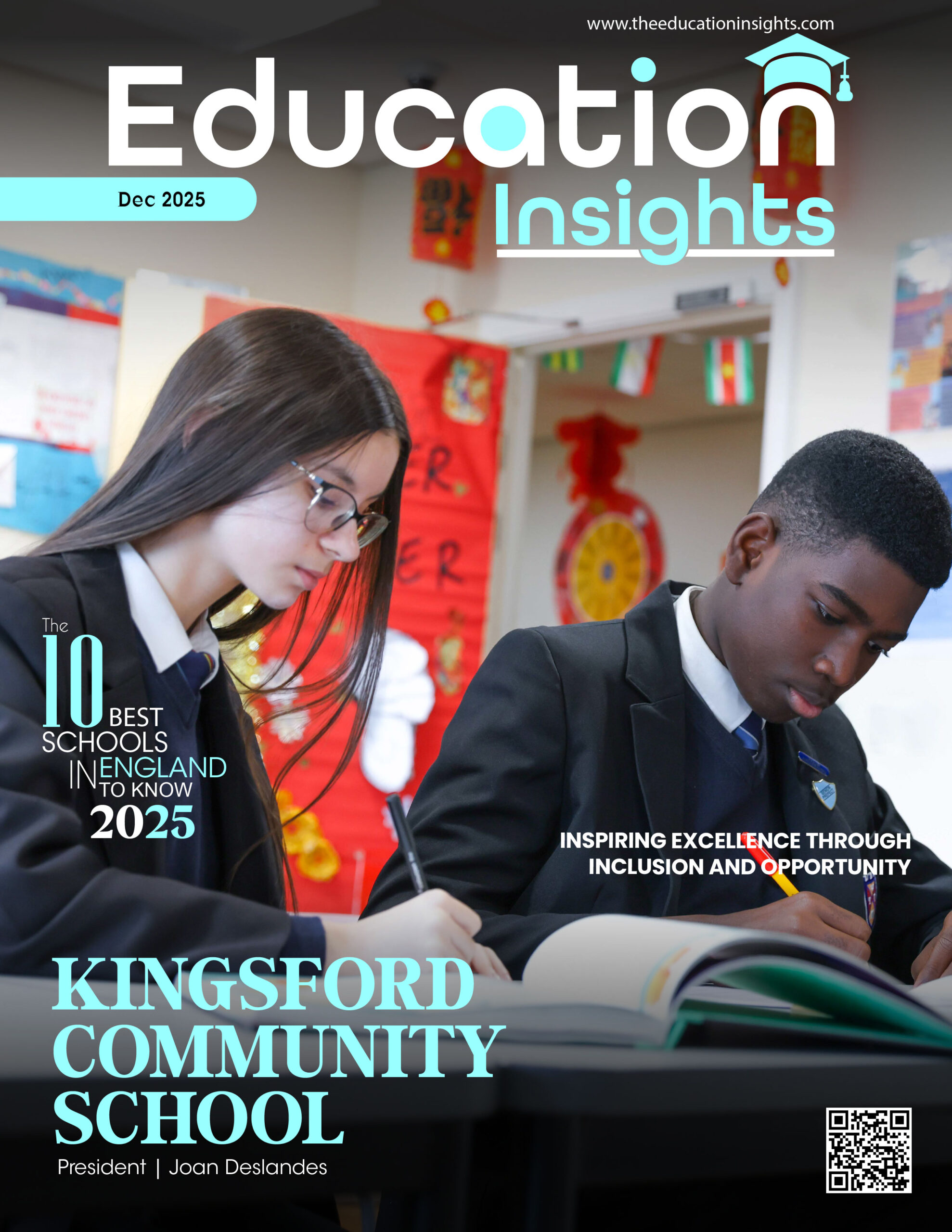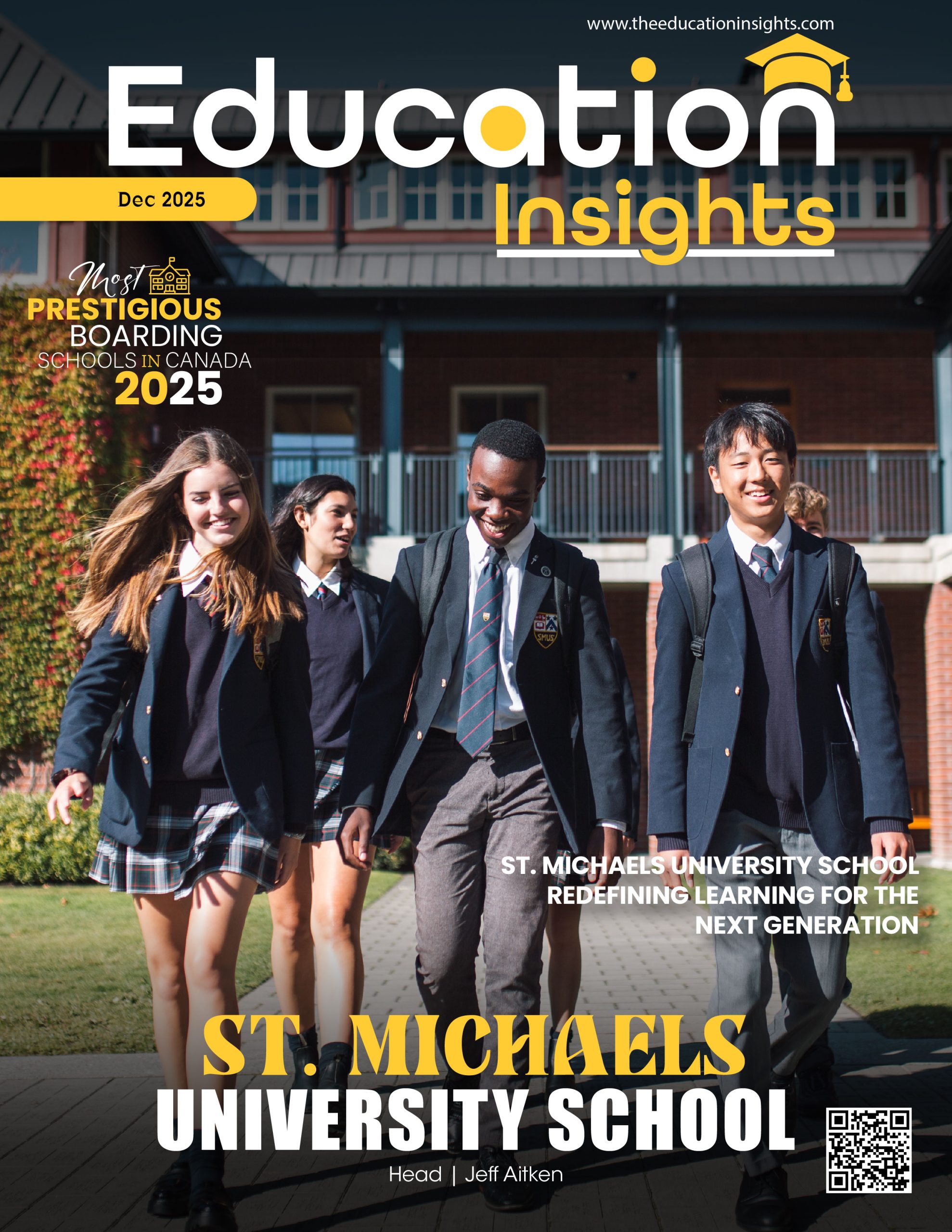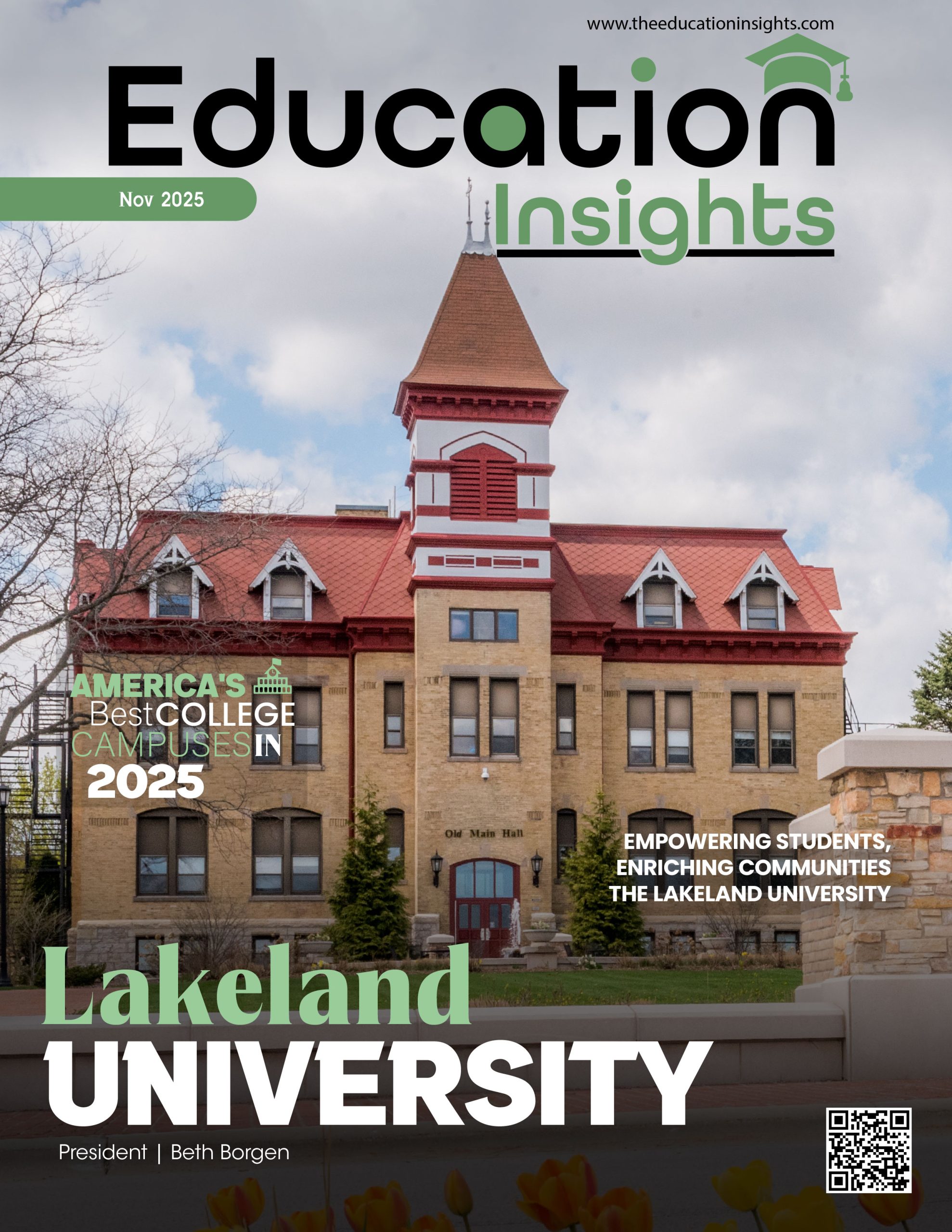The school’s primary obligation to its students is academic instruction, but the work does not stop here. A formal education prepares youngsters for a dynamic future. The expansion of pupils parallels the nation’s future. The quality of the current education at a school encourages students’ curiosity and equips them with the tools to become better people. It is widely acknowledged that the learning experience at school is crucial in moulding pupils’ personalities and how they respond to life’s challenges. The shift from academic to practical knowledge has brought about a sea of change in schools. People have adopted the notion that school education is the key to well-rounded growth instead of only a route to financial achievement. Education should foster the development of a healthy mental process and shape us into better individuals. After food, clothing, and shelter, education is a requirement for humans in the modern world.
The following areas of school education contribute significantly to the growth of kids.
- Character Development and Self-Concept
In addition to academic instruction, schools also emphasize character and values development. Character development is not a substitute for academic performance; it is an indispensable supplement. In addition to providing reading and writing instruction, the school focuses on teaching kids respect, empathy, compassion, and integrity from the beginning. Students begin their education with fundamental principles such as “raise your hand to speak” and “keep your hands to yourselves.” By the time they finish their education, youngsters have a solid grip on their views and values. Their academic, professional, and personal ambitions will be influenced by their awareness of who they are and their values.
- Academic Potential
Idealistically, the purpose of a school is to help each student reach their full intellectual potential; however, its success may differ from school to school. Significant school time is devoted to teaching children problem-solving and decision-making abilities, which will be helpful in almost every area of a child’s personal and professional life as an adult. In addition to academic education, therefore, life skills are also imparted. As we say, “it is the capacity to evaluate a problem, provide a solution, and, if that option fails to produce the desired outcomes, re-strategize and try again. The problem-solving strategy pushes people to persevere even under unusual circumstances. This thinking also indicates that a solution exists; it hasn’t been discovered yet, which sounds like a challenge.
- Mental aspect
School is where children get their fundamental education. It enables individuals to gain information in different study sectors, including English, mathematics, politics, literature, and history. When people are exposed to the effects of several learning sources, their knowledge expands, which will benefit them as adults.
- social factor / social skills
School is the first place children learn to engage with others and interact with their classmates and instructors. Before that point, the only individuals with whom the youngster interacts are parents and other family members. In schools, youngsters are exposed to new concepts and peers of the same age. This instils crucial social behaviours throughout their maturities, such as companionship, involvement, empathy, and many others.
- Physical characteristics
After conception, a kid undergoes different bodily processes. At school, a youngster may channel his energy via more social pathways than at home, where he has limited outlets. In a familiar setting, a youngster can handle unexpected spurts of power, but only when exposed to peers of the same age does the child learn to be on their best behaviour. In addition, familiarity leads to taking advantage of circumstances while the playing field in school is level. In addition, activities such as sports and arts and crafts help youngsters channel their unlimited energy into something beneficial.
- Overall development
Initially, schools were seen as locations where only fundamental intellectual skills were taught. However, a kid learns far more in the modern educational environment than in the old academic curriculum. Students are introduced to building independent thinking via the curriculum’s adaptability. The youngster is liberated from mental constraints, allowing their imagination to run wild. The general development of pupils has significantly advanced in comparison to the past.
Conclusion
Education is the cornerstone of any civilization. It is also primarily accountable for society’s overall social, economic, and political growth and development. Education improves the world. Life is about experiencing and gaining knowledge. Children may get some knowledge from their parents. At school, however, children are exposed to various sources from which they may absorb vast amounts of knowledge and develop themselves under the guidance of teachers. Schools play a crucial role in shaping the destiny of a country by fostering the all-round development of its future people.










